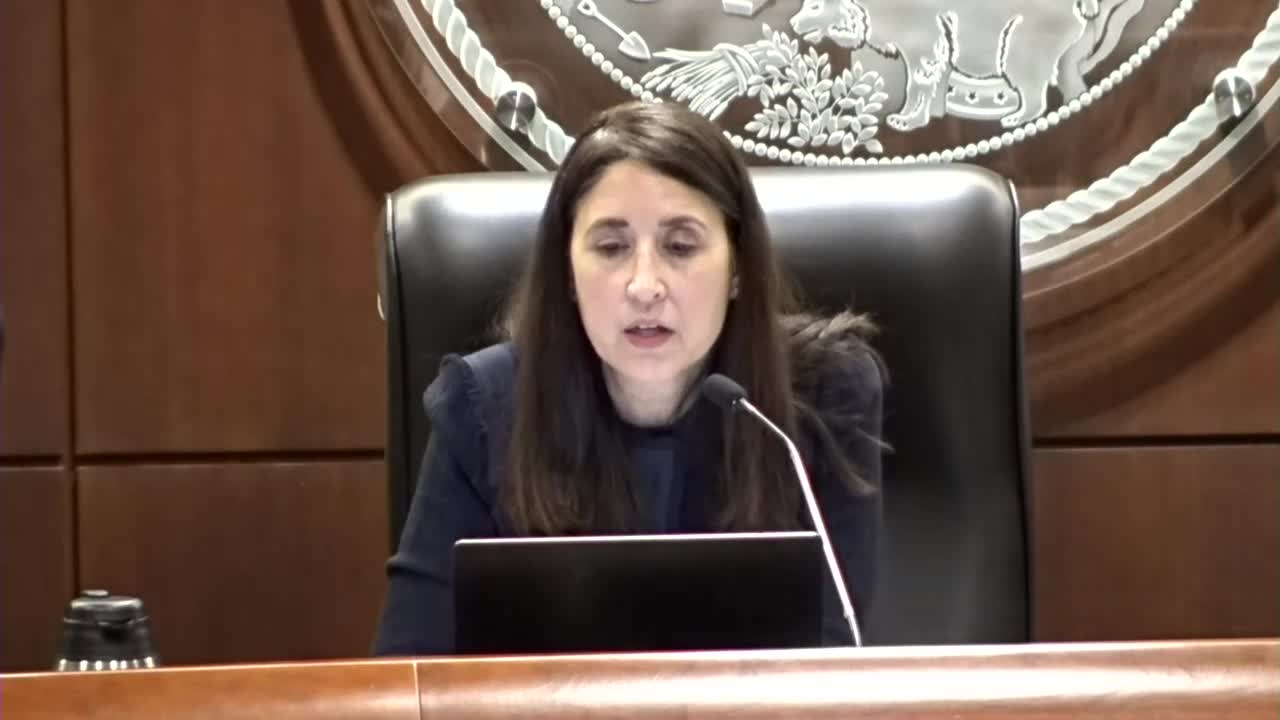Judicial Council directs work to assess racial equity in adult collaborative courts
Get AI-powered insights, summaries, and transcripts
Subscribe
Summary
The Judicial Council approved recommendations from its Collaborative Justice Courts Advisory Committee to encourage adult collaborative courts to use equity assessment tools and technical assistance to address racial disparities, with the committee to implement a pilot using existing resources.
The Judicial Council on April 25 approved recommendations asking the council's collaborative courts advisory committee to lead efforts encouraging adult collaborative programs to assess and address racial disparities in participation, retention and outcomes.
The move, introduced by Associate Justice Charles A. Smiley and Veronica D. Lewis of the Collaborative Justice Courts Advisory Committee, follows a three-year effort that reviewed national best practices and state law, including Senate Bill 910 and related Health and Safety Code provisions. The committee recommended two formal actions: (1) direct the advisory committee to implement Priority 2 of its report, which pairs an equity-assessment tool with technical assistance for adult collaborative programs; and (2) direct the Judicial Council's collaborative justice services staff to help explore funding for a pilot program offering technical assistance to courts. Justice Smiley and Lewis described a four-priority framework in the committee's report and emphasized the recommendation would not add new costs to local courts.
The report highlighted an existing Alameda County management information system (MIS) adapted with federal grant funds to support data collection and evaluation consistent with ALL RISE (formerly NADCP) standards. Presenters said California has about 400 collaborative and diversion programs and that SB 910 requires adult collaborative courts to operate in accord with adult treatment court best practice standards, including equitable access.
Council members questioned scope and application. Judge Hernandez asked whether juvenile treatment courts had been considered; presenters said juvenile issues are addressed by a separate subcommittee and the advisory committee is mindful of extending models to less-resourced courts. Council members also clarified that national statistics shown in the report were national averages and acknowledged California lacks a statewide, uniform dataset. The council approved the recommendation without recorded opposition.
The advisory committee said next steps include promoting use of a nationally-recognized, free equity-assessment tool, piloting technical assistance funded through existing committee resources or grants, and reviewing whether existing authorities (California Rules of Court, Standards of Judicial Administration, and the Drug Court Programs Act) need targeted amendments to improve community engagement.
The advisory committee and Judicial Council staff will report back to the council as pilot planning proceeds.
